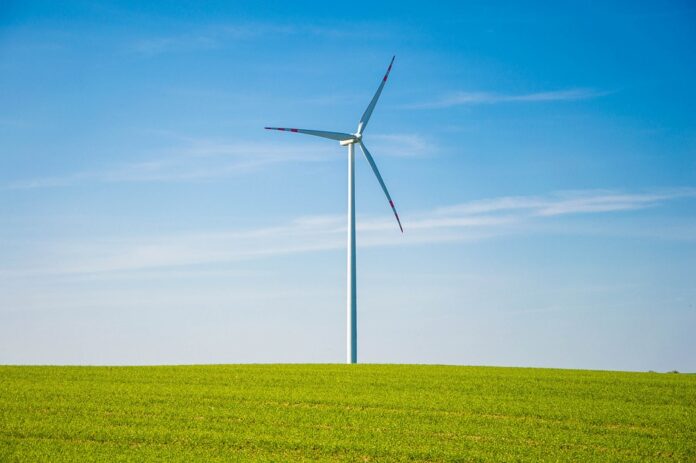The Future of Farming: How Sustainable Agriculture is Revolutionizing the Industry
Sustainable agriculture has recently gained popularity as a potential solution to the world’s food crisis. Sustainable agricultural techniques are more important than ever before since the world’s population is expected to exceed 9.7 billion by 2050. The goal of sustainable agriculture is to produce food without negatively impacting the environment, society, or the economy.
Thanks to technological advancements, farmers may now use more sustainable methods including hydroponics, vertical farming, and precision agriculture. Data analytics, sensors, and automation help farmers maximize efficiency, cut down on waste, and boost output. To increase yields, some farming methods use artificial lighting and controlled settings to produce crops in vertically stacked layers. One such method is vertical farming.
Sustainable agriculture prioritizes environmental protection and the preservation of natural resources. Sustainable farmers lessen their influence on land, water, and air by cutting less on chemical fertilizers and pesticides. Soil health and biodiversity are two additional outcomes of sustainable agriculture that contribute to better ecosystems and hardier harvests.
The positive effect on society is yet another perk of sustainable farming practices. Farmers that practice sustainable agriculture prioritize community involvement, animal care, and fair labor standards. This allows them to forge closer connections with both consumers and local communities. Sustainable farming practices help the food chain live up to the rising expectations of consumers for openness and responsibility.
Sustainable agriculture may be lucrative for businesses as well. Reduced operating costs, increased yields, and access to premium markets are all possible outcomes of farmers embracing sustainable techniques. As a bonus, this strengthens the company’s financial position and makes it more resilient to environmental threats like global warming.
Finally, by providing a more comprehensive and long-term strategy for food production, sustainable agriculture is causing a stir in the agricultural sector. Sustainable agriculture is contributing to solving the world’s food system’s most critical problems by prioritizing long-term viability in all three of these areas: the environment, society, and the economy. Clearly, sustainable agriculture will be crucial in assuring food security for future generations, given the world’s ever-increasing population.
Answers to Common Questions:
1. What role may consumers play in promoting sustainable agriculture?
Your purchasing decisions may make a difference in the fight for sustainable agriculture. Look for locally grown produce, organic options, and businesses that value sustainability. Another thing you can do is learn as much as you can about sustainable agricultural methods and then fight for laws that help farmers do the same.
Among the obstacles that sustainable agriculture must overcome, what are a few?
Resource availability, scalability, and customer education are a few of the obstacles that sustainable agriculture must overcome. One obstacle that some farmers may face is the need to first invest in technology and training in order to implement sustainable agricultural techniques. As the world’s population rises, it may become more difficult to scale sustainable agriculture to satisfy everyone’s needs.
3. How can policies put in place by the government help advance sustainable agriculture?
Incentives, subsidies, and laws put in place by the government to encourage sustainable practices are vital in the fight for sustainable agriculture. Governments may hasten the shift to a more environmentally friendly food system by enacting regulations that incentivize farmers to use sustainable techniques.

